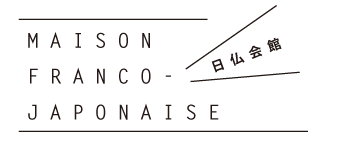- Summary
Japan’s defence doctrine appears as a compromise between law and politics. Political constraints from the 1955 system, governmental coalitions and the "divided Diet" since 2007 led governments to adopt an incremental approach in framing the doctrine, through the adoption of principles interpreting the constitutional ban on the use of force. The seminar will shed light on this process.
La doctrine de défense japonaise est le fruit d’un compromis entre droit et politique. Les contraintes politiques imprimées par le « système de 1955 » puis par les coalitions successives, enfin, depuis juillet 2007, par la cohabitation (« Diète divisée ») ont conduit les gouvernements à adopter, dans la formulation de cette doctrine, une approche téléologique marquée par l’énoncé de principes interprétant l’interdiction constitutionnelle. C’est ce processus que se propose de présenter cette intervention.
日本の防衛政策は憲法と政治間の妥協の結果です。<1955年体制>、次には相次ぐ連立政権、そして最近では2007年7月より生じた「ねじれ国会」といった政治上の制約の影響で、政府は防衛政策において、憲法上の禁止事項の解釈を段階的に変化させる基本表明が特徴の目的論的アプローチをとりました。この講演は、その段階的なプロセスの独創性を明らかにしています。
- Profile
Dr. Delamotte is a Japan specialist from Asia Centre, based at the Political Institute of Paris. She teaches International relations and Japanese politics at the National Institute for Oriental Languages and Civilizations (Inalco) and is currently a Visiting Fellow at Temple University Japan’s ICJS. A graduate of the Universities of Paris II (France) and of Oxford (UK), she studied International Relations at the Institute of Political Studies of Paris (Sciences-po), whilst completing a Masters in Japanese at Inalco. In 2007, she completed a PhD on Japan’s defense policy at the Paris-based School of Social Sciences (EHESS), with the highest honors. In 2008, she was awarded the Shibusawa Claudel prize.
|











